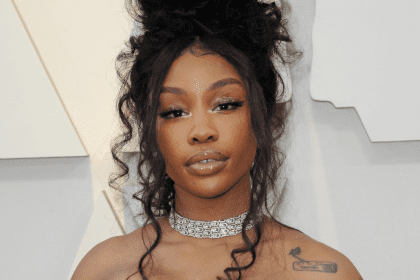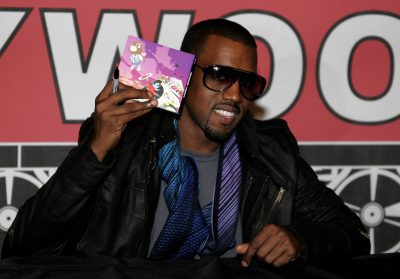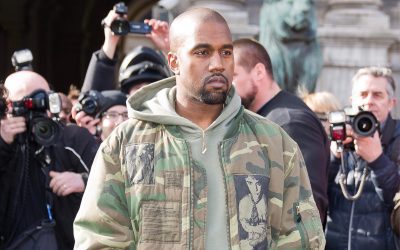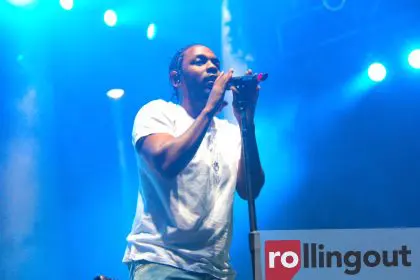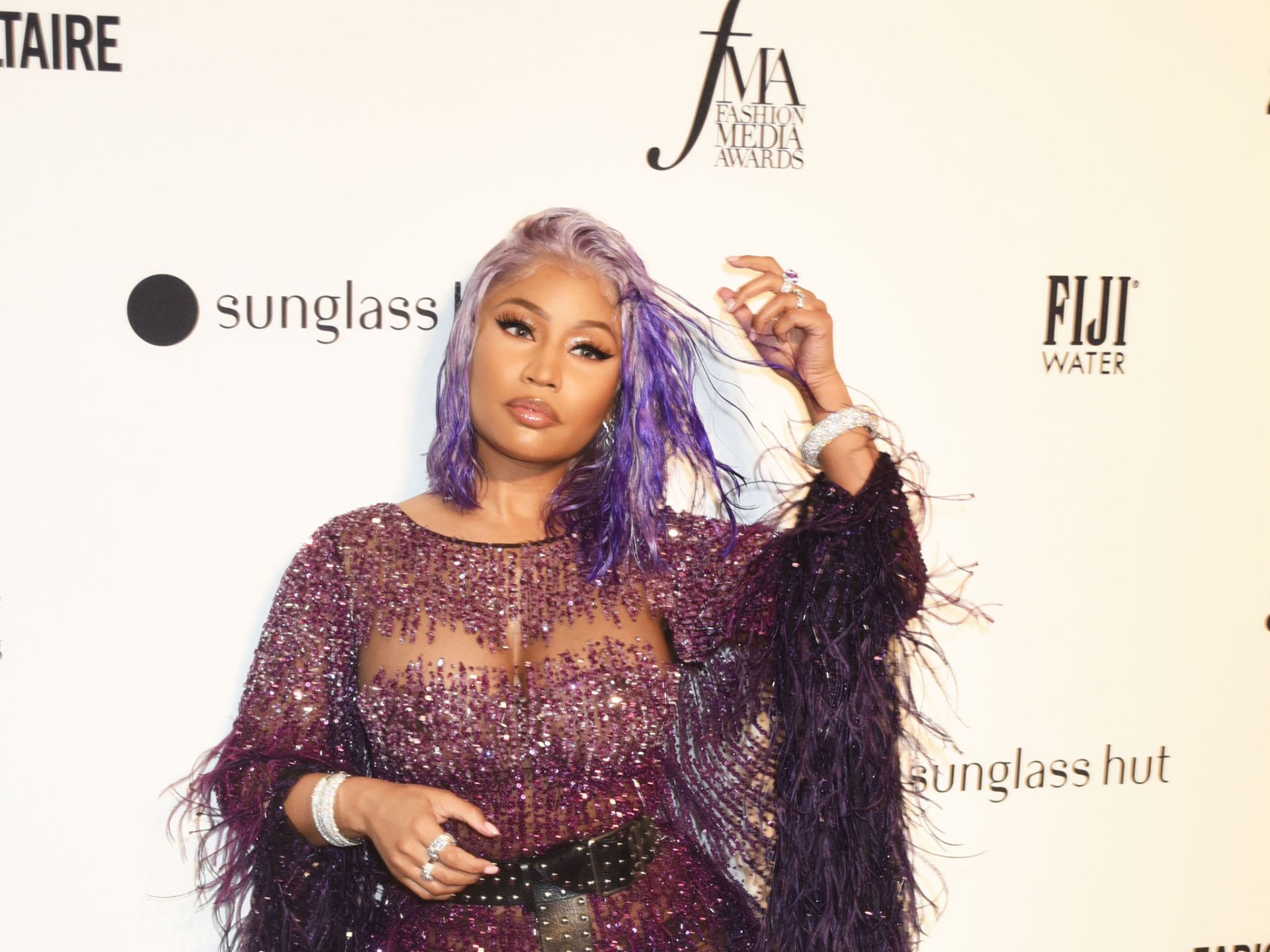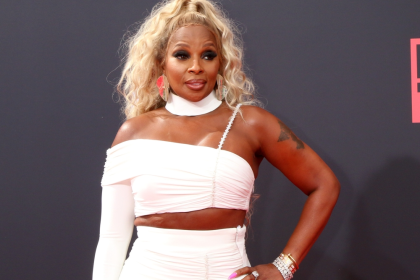
During Kendrick Lamar’s impassioned 2016 Grammy performance, comedian Trevor Noah tweeted, “Kendrick is what Kanye would’ve been if the Kardashians didn’t get him. #KingKendrick.” The tweet received numerous LOLs and RTs, because it was humorous, but more importantly because Noah may have stumbled upon a painful truth.
Kendrick’s Grammy performance happened after West had thrown another public rant, calling out The New York Times, Rolling Stone and other “white publications” on his personal observation that they should stop writing about Black culture. He suggested the system is “designed for colored people to fail,” and that the only thing that will stop this sabotage is music. Before Black activists get out their picket signs and stand behind Kanye, we have to consider the source, and the source’s agenda.
No one can deny Kanye has the ability to speak to the conscious mind. An “old-school Kanye West enthusiast,” I am the first to admit that his freshman and sophomore albums displayed an undeniably gifted passionate artist who was nothing if not authentic, which eventually won a somewhat reluctant fan base over wholeheartedly. (cue Kanye’s debut single “Through the Fire” ) Kanye took us through his desire to pursue his emcee dreams by any means necessary, his insecurities and struggles as a Black man longing to find his place among those he respected, even idolized. I remember watching a young Kanye deliver a powerful live version of “Jesus Walks” before the glitz and glamour of platinum sales, European fashion and media-attracting, exotic, voluptuous arm pieces.
Records like “All Falls Down” were filled with conscious messages and a very vulnerable Kanye sharing his weaknesses for all things flashy and attention-seeking. In one of the most pro-Black moments in television history, Kanye spoke out after the Hurricane Katrina tragedy on national television saying, “George Bush doesn’t like black people.”
Success breeds change and several albums later Kanye West had abandoned his African American struggles for regular visits to France for fashion shows with his very public sexual muse Amber Rose. As his fame and success grew, we heard less of the “Black” Kanye and more from the newly inducted braggadocious Kanye who seemed pressed to show how far he’d come from being the average black man that doesn’t have access.
Eventually, Kanye climbed the ultimate rung on the ladder to success and was rewarded with the girl of his dreams. Kim Kardashian and her family offered the ultimate access. The rapper that once said, “even if you drive a Benz, you’re still a n*gga in a coup” had managed to crack the code, or so he thought. Kanye’s rants were no longer racially motivated; instead, they were self-motivated with race thrown in occasionally to serve his fashion-driven agenda.
It’s impossible to predict if Kanye would’ve remained conscious if he hadn’t married Kim Kardashian, just as it’s impossible to know if Kendrick Lamar will retain his authenticity as his popularity and commercial success grows. What is predictable is that artists aren’t able to fool the general public long-term. In the words of Debarge, “in time it will be revealed.” What we also know for sure is that without mainstream media’s support and pandering, Kanye and the Kardashian clan would soon be irrelevant and there is too much money tied up in their relevance for that to happen. Perhaps Kanye is returning to his “College Dropout” days and is going to start interviewing with Black publications to prove his displeasure for mainstream media. If so, rolling out would be happy to sit with him and listen to whatever platform he wants to address.


